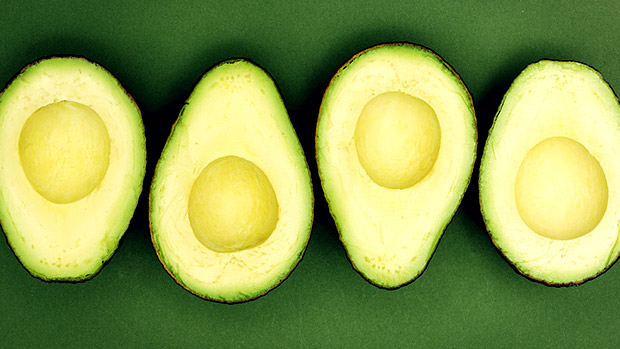Buttered Coffee or Fat-Free Bagel Eater?
Like most things in nutrition, there are two extremes. With dietary fat, we have those who are stuck in the 1980s and think fat makes you fat and gives you heart disease. But on the other end of the spectrum we have those who are now adding butter to their coffee and chanting phrases like "eat fat to lose fat!"
I've never understood why everything must be taken to the extreme with nutrition. Most of the time, the answer will lie in the middle. There's a sweet spot.
That's why I like to recommend between 20-30% of total calorie intake coming from fat for the majority, or 0.4g per pound, which tends to work out to be a similar amount. There will be some cases when this goes lower (toward the final stages of a competition prep) or higher (if using a low carb diet), but for most people this is a good place to be.
When deciding where these fats come from, there's no need to overcomplicate ratios and percentages of different fat types. The key is to include a nice mix of saturated, mono-unsaturated, and poly-unsaturated fats:
- Saturated: Animal fats, butter, tropical oils (coconut oil, palm oil, cacao)
- Mono-Unsaturated: Olive oil, avocados, peanut butter, eggs and many nuts and seeds
- Poly-Unsaturated: Oily fish, flax seed oil, safflower oil, walnuts
The only fat I'd actively avoid would be trans fats. Because of their processing, these types of fats provide very little, if any, benefit to the body and may actually do more harm than good. Trans fats typically come in the form of margarines and hydrogenated oils – commonly found in prepared desserts and snack foods.
We need fat in our diet. They not only play a key role in many processes within the body, but there are marked benefits for those of us wanting to improve body composition, like testosterone production, satiety, and controlling blood sugar.
Of course, specific situations and dietary circumstances will dictate exact amounts, but you can't go wrong with keeping a variety of healthy fats as 20-30% of your total daily calorie intake.



